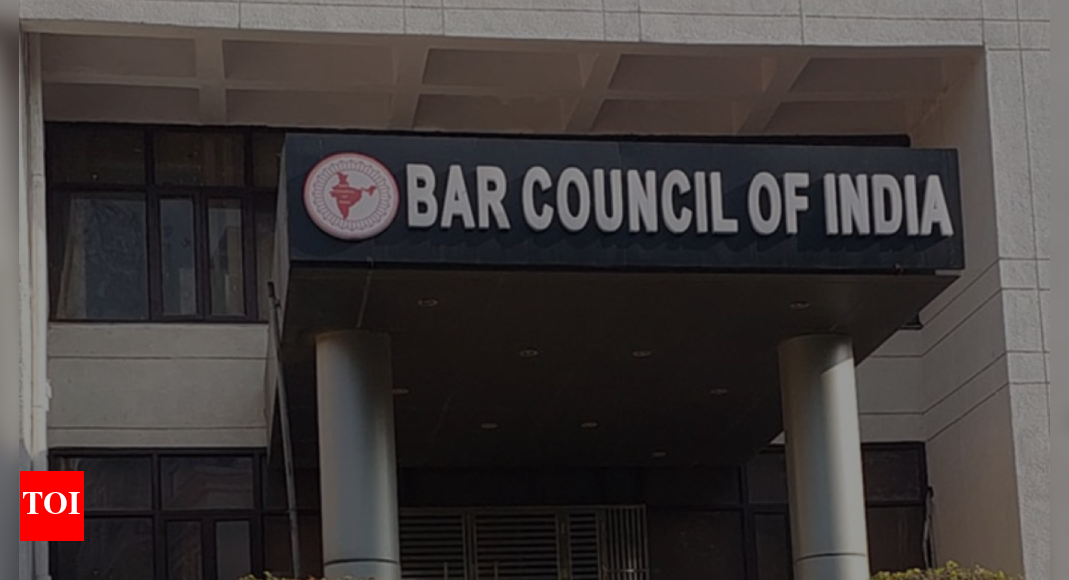Now Reading: Bar Council of India Halts New Law Colleges for Three Years
-
01
Bar Council of India Halts New Law Colleges for Three Years
Bar Council of India Halts New Law Colleges for Three Years

Rapid Summary
- The Bar Council of India (BCI) has announced a three-year moratorium on the establishment of new law colleges or law schools across india.
- No new legal education centres will be approved, and existing ones cannot introduce new sections, courses, or batches without prior BCI approval during this period.
- Applications already pending for approval before the moratorium’s commencement will still be processed according to existing laws.
- the rationale for this move includes addressing declining quality in legal education, controlling unchecked growth of sub-standard institutions, preventing the commercialisation of education, reducing academic malpractice, and tackling faculty shortages.
- Currently operating are 2,000 centres of legal education; BCI believes institutional capacity is sufficient but requires consolidation and focus on quality enhancement.
- This regulation stems from the Advocates Act (1961) under BCI’s mandate to maintain standards within legal education and protect public interest in justice administration.
- Exceptions exist for proposals focused on socially/economically backward classes (SC/STs), economically weaker sections, remote or tribal areas, and persons with disabilities-subject to strict conditions including valid NOCs and demonstrated compliance with infrastructure/faculty needs.
!no new law colleges for three years
Indian Opinion Analysis
The BCI’s decision serves as an attempt to address systemic challenges in India’s legal education sector by halting it’s rapid expansion temporarily and focusing more on improving quality standards within existing institutions. With over 2,000 such centres already operational across the country contributing to issues like faculty shortages and academic irregularities cited by the council-it signals a needed shift toward prioritising sustainability over unchecked growth.
importantly though exceptions carved out towards marginalised groups including SC/STs ensures consideration stays aligned deeper inclusion ahead systematic integration calls amidst tribal rural underserved cases going forward aligning constitutional socio equitable higher inclusive future goals parties’ remains accompagnés further read thoughtful implementation maturity capable adherence demands ensures alignment overall governing trust long term both public fairness wisdom.
Read More
























